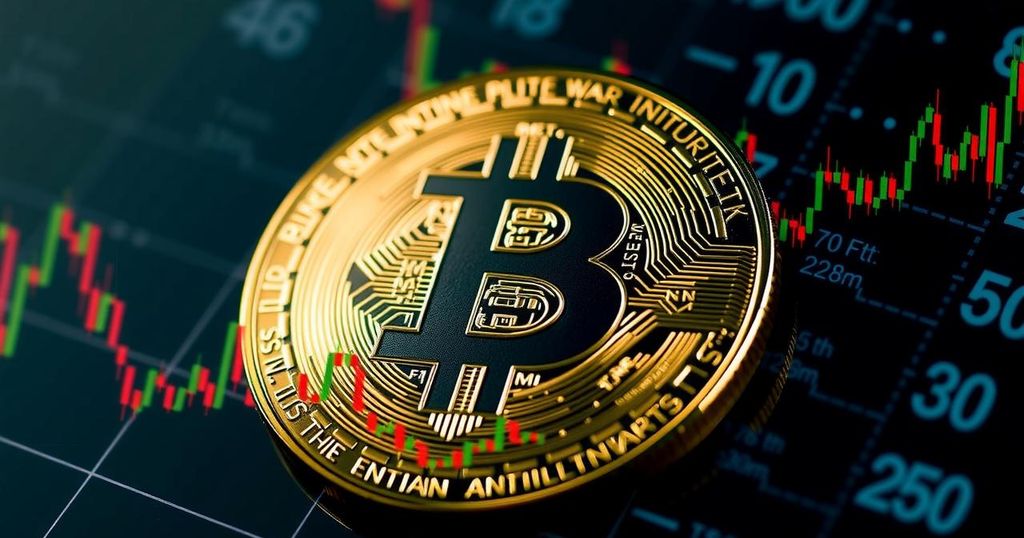Arthur Hayes Analyzes Potential Impact of Federal Reserve Rate Cuts on Bitcoin Prices
Arthur Hayes, the co-founder and former CEO of BitMEX, recently shared his insights on the anticipated interest rate cuts by the United States Federal Reserve, suggesting that these cuts may not have the positive effect on Bitcoin prices that many investors expect. Despite Federal Reserve Chair Jerome Powell’s indications of impending rate reductions starting in September 2024, Hayes expressed cautious skepticism on the social media platform X.
Since Powell’s address at the Jackson Hole symposium on August 23, 2024, Bitcoin has seen a notable decline, falling from approximately $64,000 to $58,881 by September 3, 2024. Hayes elaborated that the imminent interest rate decreases have rendered reverse repurchase agreements (RRPs) a more favorable investment opportunity compared to treasury bills, which had previously drawn extensive capital during the rate hikes that commenced in March 2022.
Reverse repurchase agreements function as short-term loans in the money markets. In such transactions, one party, typically a central bank or financial institution, sells securities to another with an understanding that they will repurchase those same securities later at a higher price, generating interest for the purchaser. Currently, RRPs are offering an appealing interest rate of 5.3%, making them a secure option for institutions seeking to temporarily safeguard their capital. In contrast, one-year treasury bills are yielding an interest of only 4.38%.
Hayes noted that this discrepancy in interest rates is prompting major banks and money market funds to transfer their capital from treasury bills to RRPs, thereby diminishing the liquidity available for purchasing higher-risk assets, such as Bitcoin. He observed that RRPs have experienced an infusion of an additional $120 billion since the announcement regarding prospective interest rate cuts in September 2024 and anticipates that this trend is likely to persist as long as treasury bill rates remain below those of RRPs.
The narrative presented by Hayes diverges from the common belief that interest rate reductions generally enhance the prices of riskier assets, including both equities and cryptocurrencies. However, it is crucial to consider the recent Bitcoin halving—an event that has historically correlated with rising Bitcoin values. Analysts recall that during the previous halving year of 2020, Bitcoin managed to achieve substantial gains despite market turmoil caused by the COVID-19 pandemic.
Furthermore, with the potential combination of interest rate cuts, the recent Bitcoin halving, and a growing institutional interest in Bitcoin exchange-traded funds (ETFs) throughout 2024, there remains considerable optimism regarding the future trajectory of Bitcoin and the broader cryptocurrency market.
In conclusion, while Hayes presents a cautious outlook regarding the Federal Reserve’s interest rate decisions affecting Bitcoin prices, the interplay of these factors, including the Bitcoin halving, suggests that the latter part of 2024 may hold significant opportunities for the cryptocurrency sector.







Post Comment